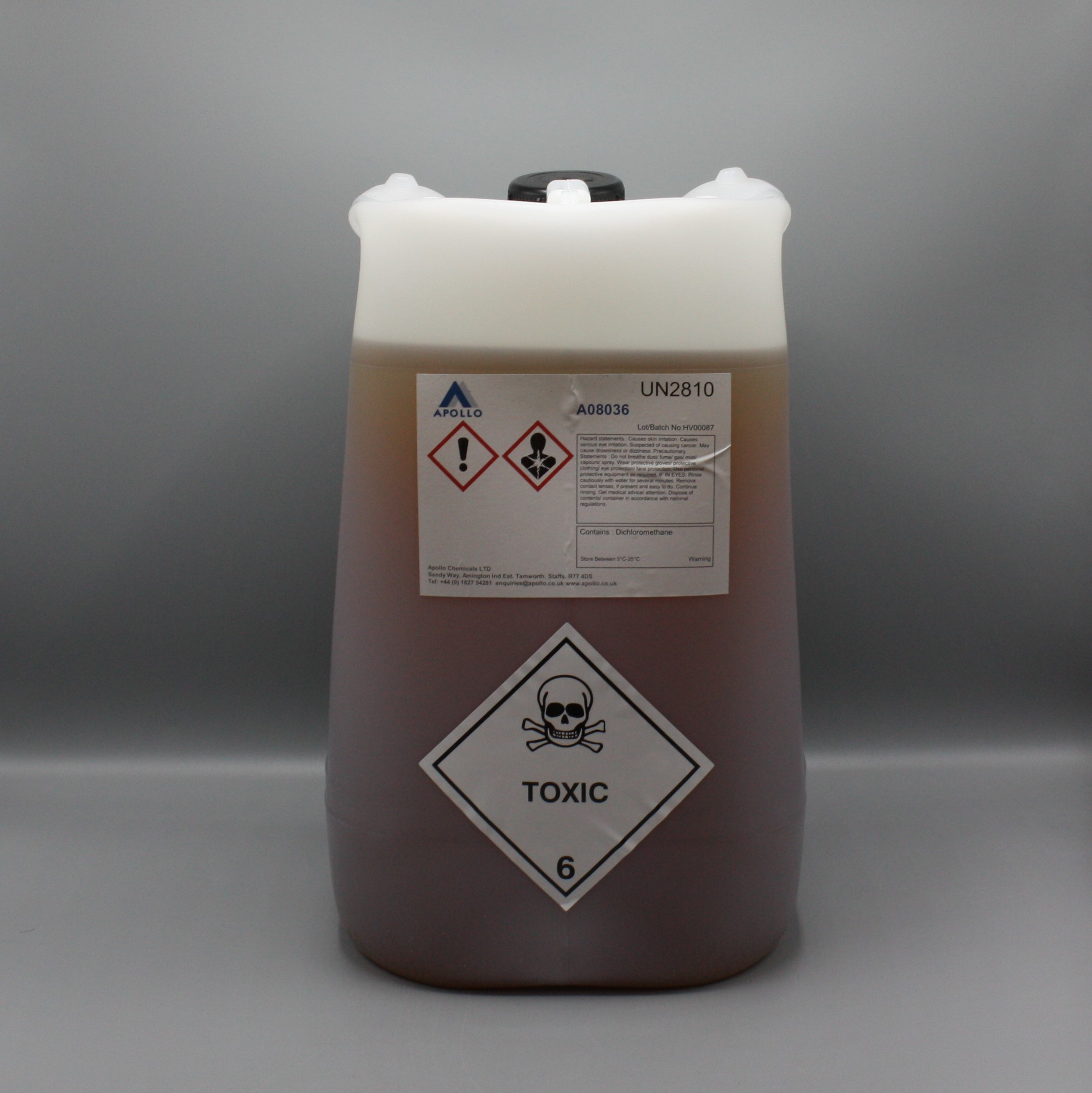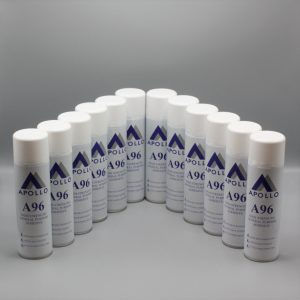Description
Apollo (A8036) is Non-flammable Foam Spray Adhesive has be specifically formulated for applications in the foam conversion, upholstery and furniture industry, including bonding foam, chipboard, hardboard, GRP, fabrics, felt, polyester, hessian, padding materials and insulation materials. It is a sprayable low pressure non-flammable adhesive which offers the manufacturer many benefits.
Application uses
Ideal for use on or with:
- Foam conversion
- Upholstery and furniture industry
- Bonding foam
- Chipboard
- Hardboard
- GRP
- Fabrics
- Felt
- Polyester
- Hessian
- Padding materials and insulation materials
Benefits and features
It offers the user many benefits including:
- Ideal for creating furniture and upholstery items: strong yet soft bond lines
- Extremely versatile: bonds a wide range of materials
- Minimises production time: aggressive tack and fast drying
- Extremely economical: sprayable adhesive
- Suitable for machine and manual application: long open tack-time
Non-flammable Foam Spray Adhesive Technical Information
| Base | Synthetic Rubber |
|---|---|
| Appearance | Neutral or tinted |
| Application Temperature | 5°C – 25°C |
| Temperature Resistance | -30°C to 70°C |
| Coverage | 15m2 – 25m2 per litre |
| Tack-life | 1 – 20 minutes |
| Viscosity | 500 CPS – 700 CPS @ 20°C |
| Storage | 5°C – 25°C |
| Shelf Life | 12 months |
Customer asked questions
Question: I am looking for an adhesive to bond polypropylene membrane. It must be flexible and in substantial quantities because it is to be used for equestrian arenas measuring 60m x 20m. I was hoping for something that could be painted on with a roller but I am open to all options.
Answer: I am afraid Polypropylene is not an easy plastic to bond. My best suggestion is a very tacky product used in the seating industry. It is designed to be sprayed on but it can be rollered. It would have to be coated on both surfaces and then put together. It will not be a structural bond, that is, neither substrate will break or be damaged.
If you are putting up sheets I suggest you can screw an “L” trim or a “U” channel over the top edge to help stop the sheet from being peeled off. We would suggest the Apollo product A8036 which can be applied using a hard roller like a printers ink roller from a paint tray – Lucy, Product Support Manager
Instructions for use:
- Ensure surfaces to be bonded are clean and free from grease and other contaminants. Cut foam should not be contaminated with silicone lubricants from the cutting operation.
- Apollo (A8036) may be sprayed by hand or sprayed through most equipment, but for best results we recommend a DeVilbiss JGV-562 gun fitted with an FX fluid tip/needle and a 777 air-cap. A material pressure of 20-30 psi and an atomising pressure of 40-60 psi is required.
- Apply Apollo (A8036) to both surfaces of the glue line. The amount required will depend on the porosity of the substrates but is normally in the range of 20-40g (dry) per square metre.
- The surfaces can be joined immediately or up to 20 minutes of the adhesive being sprayed (depending on atmospheric conditions).
- Apply pressure via nip rollers or a short period in a platen or other type of press.
Notes
NB: When bonding expanded polystyrene, it is important to ensure the adhesive is applied evenly and from a sufficient distance to ensure the solvent is given time to flash off, to avoid solvent attack.
Not sure if this Foam Adhesive is right for your requirements?
If you are not sure if this adhesive is correct for your requirements please contact us to discuss your requirements and we can point you in the right direction.



